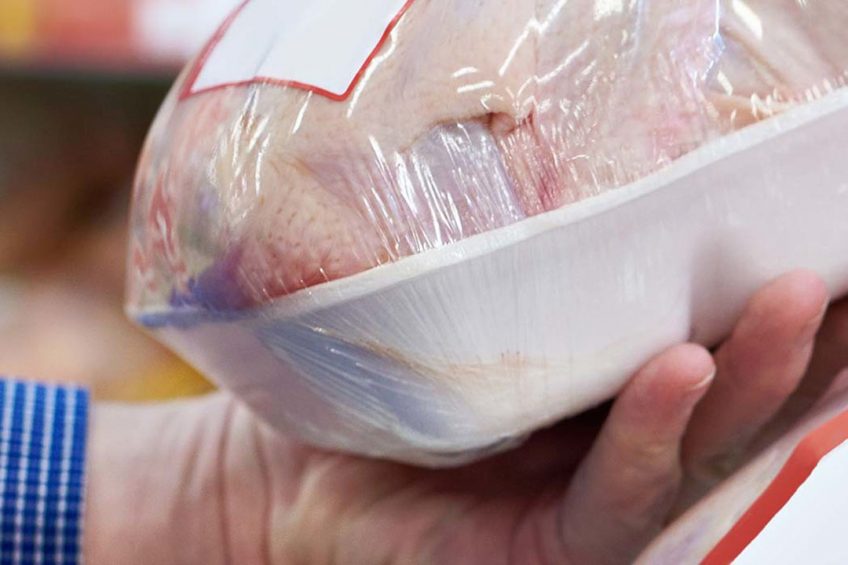Cargill expands its blockchain turkey programme

Cargill is expanding its blockchain turkey programme enabling hundreds of thousands of consumers to trace their birds to the family farm where they were raised.
Up to 70 farms are taking part in the scheme this year, involving 200,000 traceable turkeys, compared to the four producers who agreed to be part of the pilot last year.
The multi-national says the blockchain solution, which brings greater transparency to consumers’ food purchases, was overwhelmingly successful last year, promoting the extension in time for this year’s Thanksgiving in the United States.
Through a simple text or by entering an on-package code at HoneysuckleWhite.com, consumers can trace their turkey back to the family farm, access the farm’s location by state and county, view the family farm story, see photos from the farm and read a message from the producer.
Kassie Long, Honeysuckle White bird manager, said she was excited to be providing more consumers with an inside look at the family farms where their turkeys are raised.
“We launched this programme as a pilot in 2017 and are expanding it this year to meet the increased consumer demand for farm to fork transparency. Now, more consumers can get to know the farmers that raised their turkeys and enjoy a family-farm raised turkey this holiday season.”
Significance of transparency
Cargill has been keen to work closely with consumers to understand the significance transparency plays in food choice. A survey conducted last year found that 88% of consumers agreed that brands needed to be transparent in their food production with four fifths saying it was important that their Thanksgiving bird was raised by a family farmer.
Last year’s programme was the first time a blockchain solution had been used by a major turkey brand and this year’s one third of all Honeysuckle White fresh turkeys will be traceable, compared to just 5% last year.
Consumers will be able to purchase the birds across the MidWest and several other markets in the US, including Denver, Nashville and Seattle.
Debra Bauler, Cargill Protein and Salt chief information officer, said the firm was making big investments in technologies such as blockchain to digitalise food and agricultural supply chains in ways that helped customers and the industry.
“The expanded transparency programme … builds trust and increases transparency in the food supply chain, and gives customers greater confidence in the food they purchase and eat.”
Other companies in the past 12 months have been moving into blockchain technology in the poultry sector, such as French supermarket chain Carrefour and US poultry giant Tyson Foods.
Tom Hayes, Tyson Foods chief executive officer, said earlier this year that blockchain would have an enormous impact on the food business: “Something like tracing packages that used to take weeks now takes seconds.”













